Two days before the Trump administration was set to double its 10 percent additional tariffs on Chinese imports, U.S. Treasury Secretary Scott Bessent said China will "eat any tariffs that go on", indicating that increased taxes will force cost pass-through onto producers outside the United States.
"China will pay for the tariffs because their business model is exporting their way out of this inflation," Bessent said in an interview on Sunday. "They will eat any tariffs that go on."
The remarks, made in response to possible extra costs to U.S. households following the proposed tariffs, reflect a common political narrative, but hardly align with the economic reality as observed from the 2018-19 trade war and beyond, which tells a more nuanced story.
On Monday, in response to 25 percent additional tariffs on virtually all U.S. imports from Canada and Mexico and a 10 percent tariff on all U.S. imports from China, on top of existing extra tariffs, the American Apparel &Footwear Association noted each code of the tariffs "snowballs into a growing — and potentially crushing — burden" on American businesses and families.
The tariffs are scheduled to take effect on Tuesday, U.S. President Donald Trump said on Monday.
"Uncertainty and instability are corrosive, undermining the vitality of our consumer driven economy, and the 3.5 million American jobs created by our industry," said Steve Lamar, the trade association's president and CEO, in a statement.
Bessent implied that Chinese producers, reliant on high export volumes, might be forced to cut prices to maintain market share, but most studies from that period showed a different picture.
In "The Economic Impacts of the U.S.-China Trade War", a 2021 National Bureau of Economic Research working paper, economist Pablo Fajgelbaum and colleagues found that "U.S. consumers of imported goods have borne the brunt of the tariffs through higher prices."
They concluded that empirical work shows "complete passthrough of tariffs" to tariff-inclusive import prices, where tariff-inclusive import prices rise with tariff changes.
"What we found was that the prices charged by Chinese exporters did not go down in response to the imposition of tariffs," Fajgelbaum, a professor of economics at the University of California, Los Angeles, recalled of the paper last month, according to an article published on The New Yorker on Feb 24.
Another study, "Tariff Passthrough at the Border and at the Store: Evidence from U.S. Trade Policy" that focused on tariffs on China imports, also found that the tariffs were "almost fully" passed through to total prices paid by importers, suggesting the tariffs' incidence has fallen largely on the U.S..
"U.S. tariff passthrough into U.S. import prices was nearly 95 percent after one year, whereas foreign tariff passthrough into foreign import prices was perhaps as low as 50 percent," noted the International Monetary Fund working paper released in October 2019.
A recent Moody's analysis noted that nearly all of a 10 percent additional tariff on game consoles imported from China would be passed through to consumers, raising the price of a $500 machine to $548, The Wall Street Journal reported in "How Much Do Tariffs Raise Prices?", published on Sunday.
Echoing the findings, "Trump Tariffs: Tracking the Economic Impact of the Trump Trade War," a study by the nonpartisan Tax Foundation that was updated on Monday, estimated that the proposed additional tariffs on Canada, Mexico and China would reduce the after-tax purchasing power of American households by approximately 0.8 percent in 2025.
Erica York, vice-president of federal tax policy with the Tax Foundation's Center for Federal Tax Policy, called the reduction "the largest tax increase since 1993".
The Tax Foundation's analysis further projected that the proposed tariffs would decrease U.S. economic output by 0.4 percent and increase taxes by $1.1 trillion, equating to an average tax increase of more than $800 per U.S. household in 2025.
It was not the first time that Bessent has suggested that "the companies on the other side, the exporters, are going to eat a lot of the cost". He made the claim, specifically mentioning China, in an interview aired on Feb 18.
But the reality on the ground, as well as historical evidence, indicates that American consumers and businesses often bear the majority of the costs through higher prices.








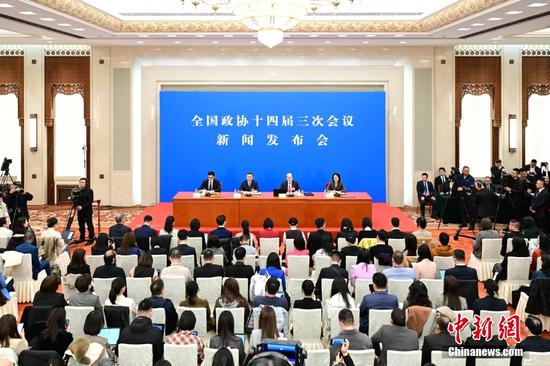

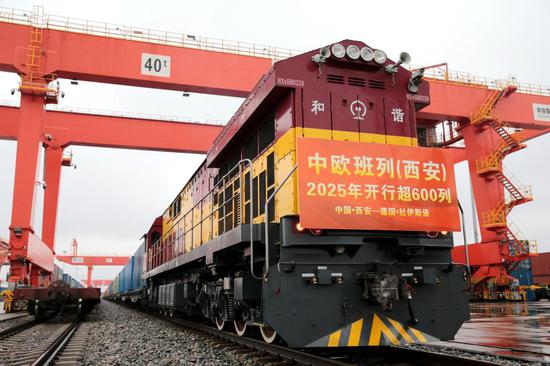

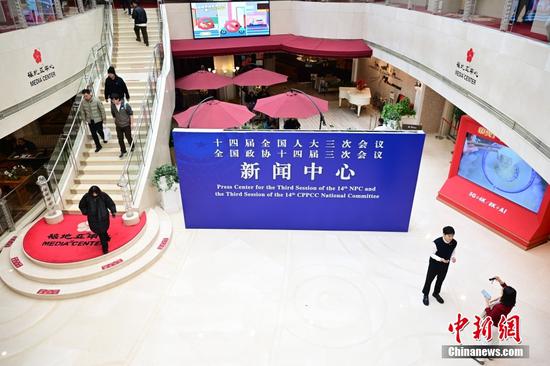















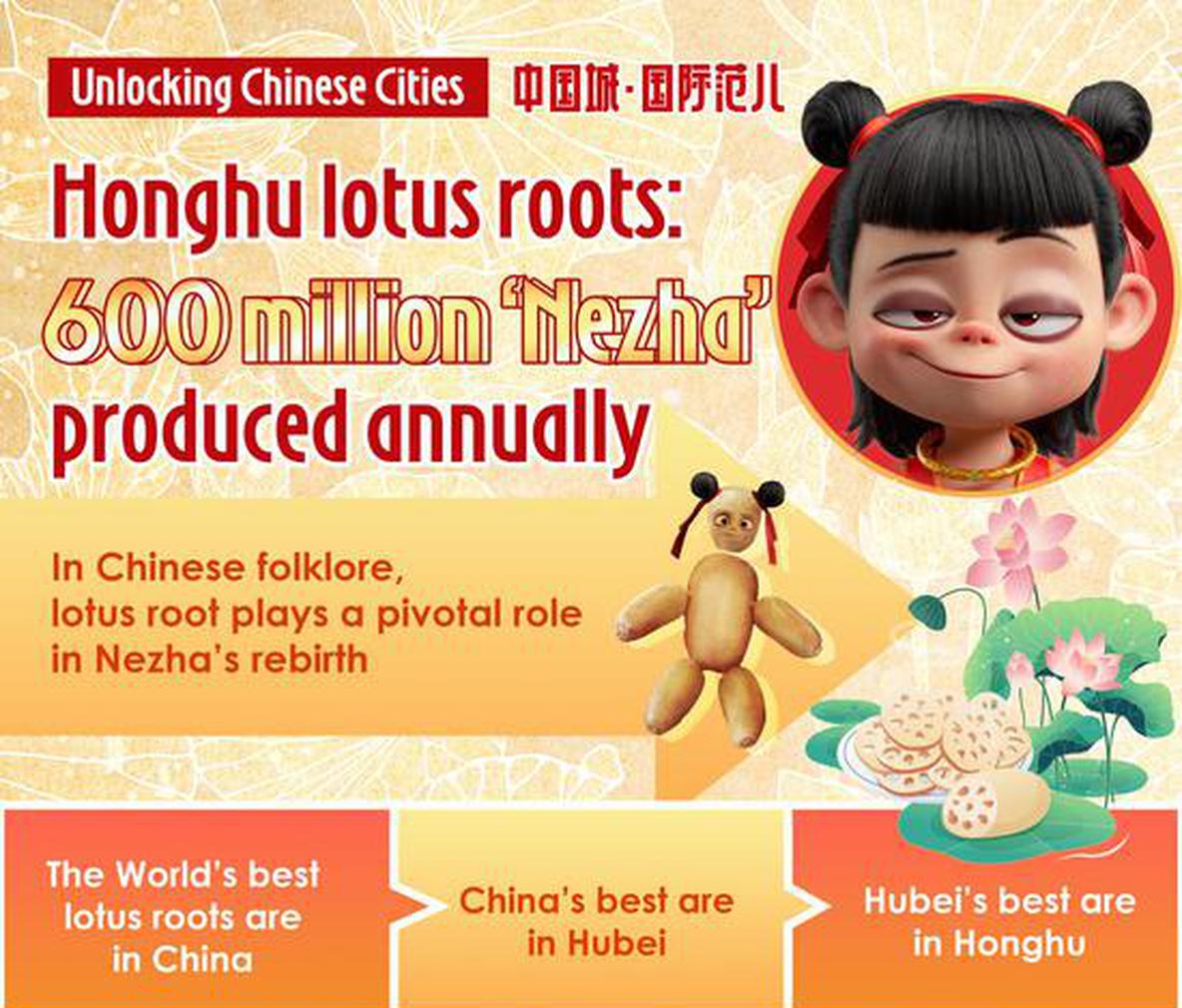

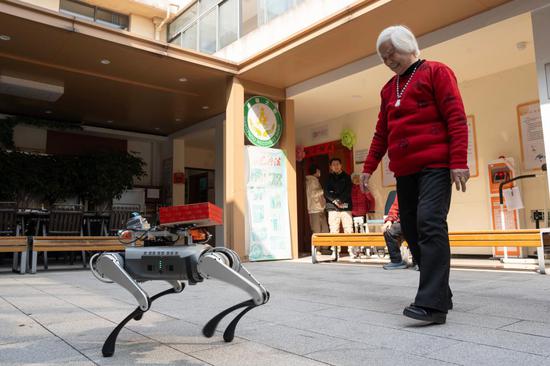


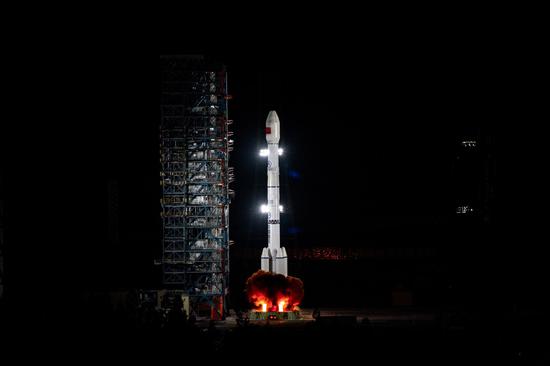
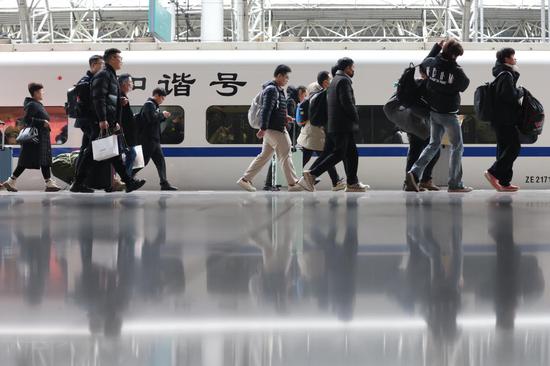



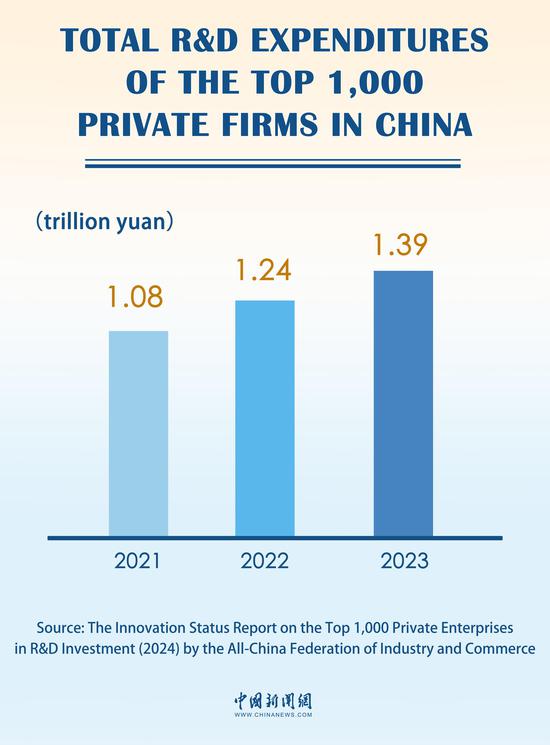
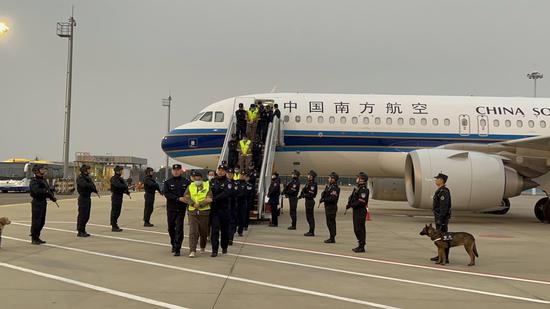


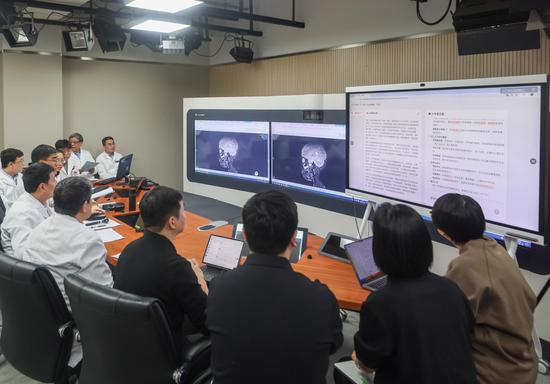





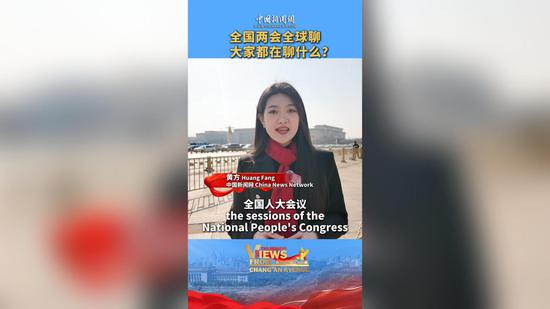

 京公網安備 11010202009201號
京公網安備 11010202009201號